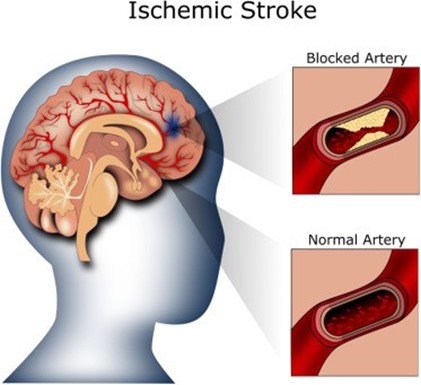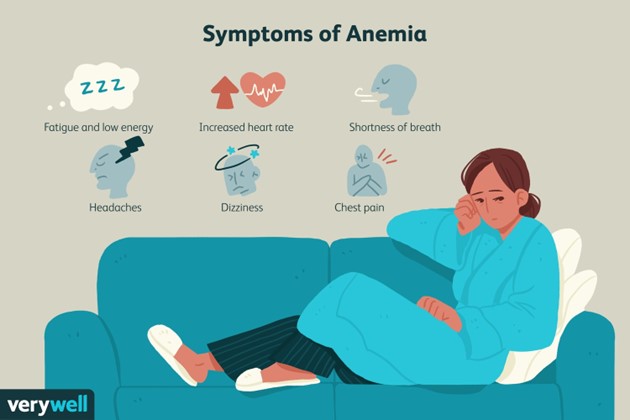A nurse is planning the discharge of a client who had an ischemic stroke.
The nurse should ensure that the client is discharged with which of the following types of pharmacologic therapy?
Antithrombotic.
Diuretic.
Anticonvulsant.
Opioid analgesic.
The Correct Answer is A
The nurse should ensure that the client is discharged with antithrombotic pharmacologic therapy.

Antithrombotic medications help prevent blood clots from forming and can reduce the risk of another ischemic stroke.
Choice B is wrong because diuretics are used to treat fluid retention and high blood pressure and are not typically used for stroke prevention.
Choice C is wrong because anticonvulsants are used to prevent seizures and are not typically used for stroke prevention.
Choice D is wrong because opioid analgesics are used to treat pain and are not typically used for stroke prevention.
Nursing Test Bank
Naxlex Comprehensive Predictor Exams
Related Questions
Correct Answer is A
Explanation
This statement indicates an understanding of the teaching because headache is a common symptom of anemia.
 Choice B is incorrect because bradycardia (slow heart rate) is not a common symptom of anemia.
Choice B is incorrect because bradycardia (slow heart rate) is not a common symptom of anemia.
Instead, anemia can cause irregular heartbeats or a fast heartbeat.
Choice Dis incorrect because flushed skin color is not a common symptom of anemia.
Instead, anemia can cause pale or yellowish skin 1.
Choice Cis incorrect because heat intolerance is not a common symptom of anemia.
Correct Answer is D
Explanation

The correct answer isChoice D.
Choice A rationale:Checking potassium levels is important in the management of DKA, but it is not the priority intervention.The priority intervention is to restore intravascular volume with fluid resuscitation
Choice B rationale:Bicarbonate infusion is not the priority intervention in the management of DKA.It is used only in severe cases of metabolic acidosis
Choice C rationale:Initiation of a continuous IV insulin infusion is an important intervention in the management of DKA, but it is not the priority intervention.The priority intervention is to restore intravascular volume with fluid resuscitation
Choice D rationale:Administering 0.9% sodium chloride is the priority intervention in the management of DKA.It is used to restore intravascular volume and correct electrolyte imbalances
Whether you are a student looking to ace your exams or a practicing nurse seeking to enhance your expertise , our nursing education contents will empower you with the confidence and competence to make a difference in the lives of patients and become a respected leader in the healthcare field.
Visit Naxlex, invest in your future and unlock endless possibilities with our unparalleled nursing education contents today
Report Wrong Answer on the Current Question
Do you disagree with the answer? If yes, what is your expected answer? Explain.
Kindly be descriptive with the issue you are facing.
